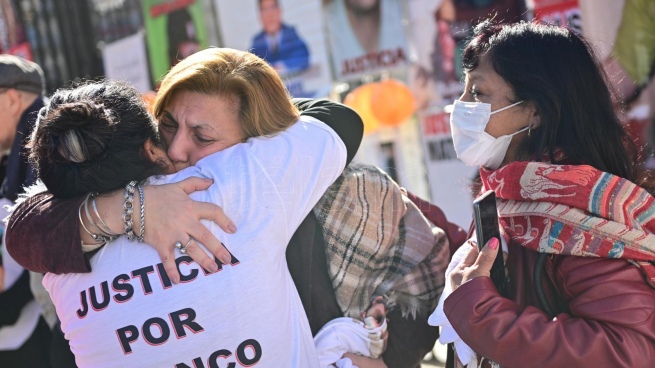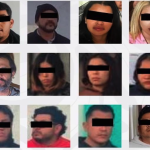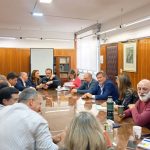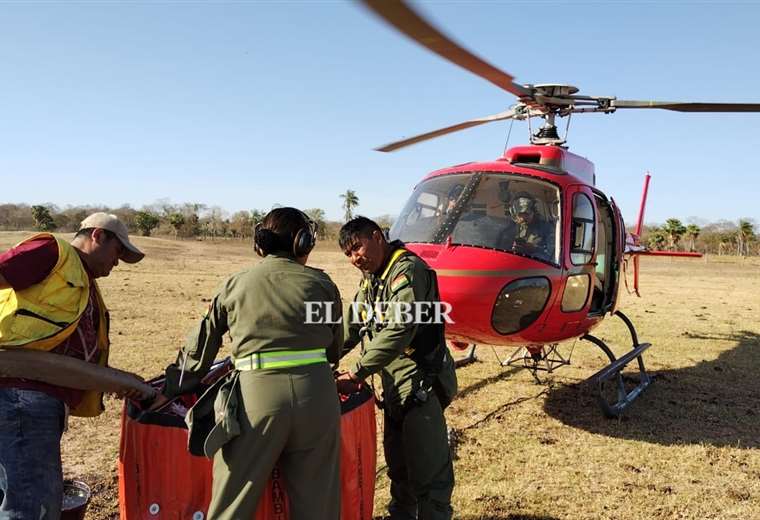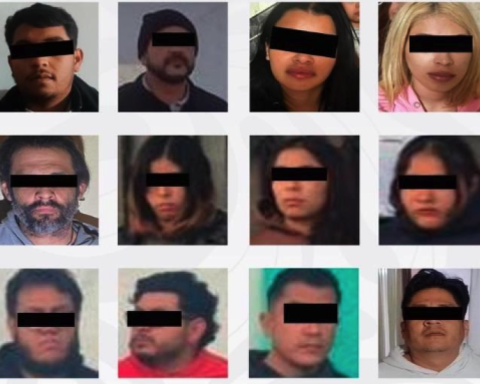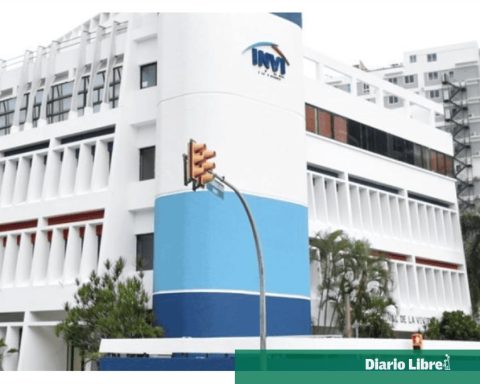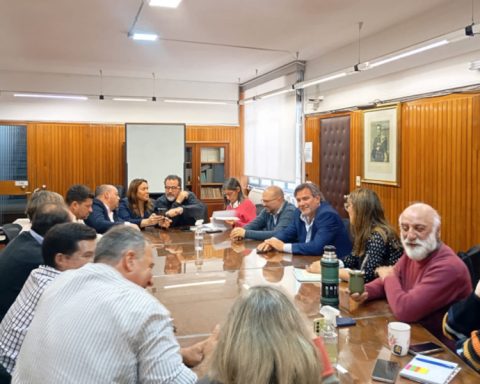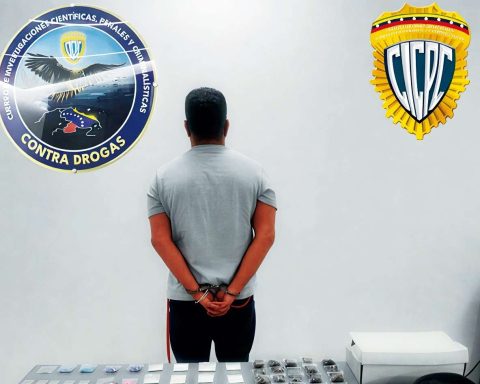Dozens of relatives of victims of malpractice participated this Friday in the presentation in the Chamber of Deputies of the “Nicolás” Law or patient safety against cases of malpractice, with a previous concentration where they asked for the approval of the same so that these events can be prevented.
“In Argentina there has been a significant number of adverse events, as they are technically called, which in many cases are due to issues of the health system but in others to the misbehavior of health professionals who have produced a burden of pain in families,” he assured. In dialogue with Télam the deputy promoter of the regulations, Fabio Quetglas.
And, he added that these situations “have mobilized civil society to put the magnifying glass on the health system, where, just as we heal ourselves, there are also risks and it is up to the State to minimize them through all the instruments at its disposal” .

The main points of “Nicolas Law”
The radical legislator for the province of Buenos Aires specified the main points of the project presented in the Lower House:
• The creation of the digital, interoperable and encrypted clinical history that can be consulted anywhere in the country
• Mandatory and periodic recertifications for health professionals
• The development of action protocols as well as audit and surveillance systems, which reduce the possibility of avoidable damage in health practices
He also explained that the project “has the support of the National Academy of Medicine and the Patient Safety Observatory” which he considered “very important” and added that: “everyone is working on patient safety, it is a central issue on the health agenda of all countries, the WHO has been promoting it since 2019”.

“medical malpractice”
This version of the Nicolás Law excludes the crime of “medical malpractice” from the Penal Code, which appeared in previous projects and which had generated the emphatic rejection of different medical and scientific associations last year.
“That they decide by what the Constitution and international treaties impose, which is that the right to life is a universal rightGabriela Covelli, creator of the first version of the project
During the presentation that took place in the Auditorium Hall of the annex to the Lower House, Gabriela Covellipresident of the Foundation for Life and Health and creator of the first version of the bill since her son Nicholas Deanna He died in 2017, when he was 24 years old, due to a bad medical intervention.
“For the first time they are listening to us, three years ago we came to this same square and put up our children’s posters but it seems that nobody cares. Today, for the first time, someone raises their voice for us”, said the woman in the concentration prior to the presentation.

Covelli pointed out that “on this occasion a deputy decided to present the project, other deputies accompany him and I want to ask the rest of the legislators to please come and listen to the pain of our families and to decide for the collective good and not for the individual good. “.
“Let them decide what the Constitution and international treaties impose, which is that the right to life is a universal right”he claimed.
Likewise, she assured that she and the NGO that she chairs will “continue fighting and fighting as we have been doing so far for the other party (which does not contemplate the project presented this Friday) which is that each person has to be responsible for their actions, the law has to stop ignoring the victims of malpractice and those of traffic accidents”.
According to a WHO survey, at a global level, harm to patients is estimated to be the 14th cause of morbidity and mortality, compared to diseases such as tuberculosis and malaria; and is among the 10 leading causes of disability.
